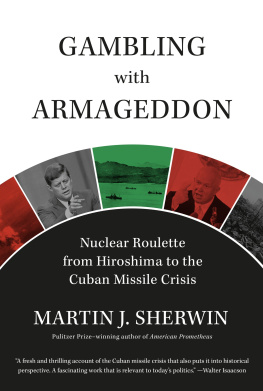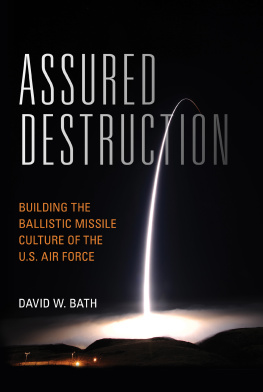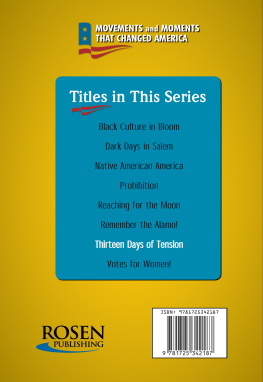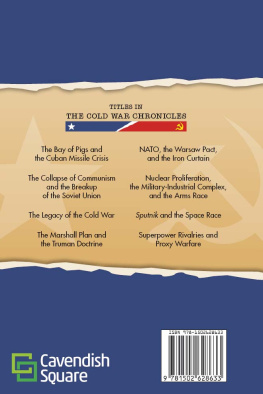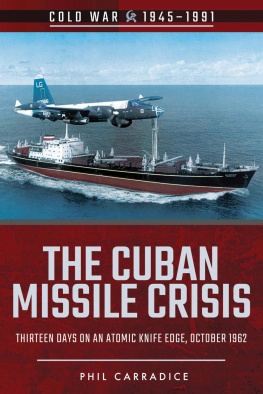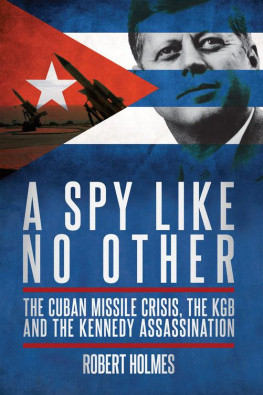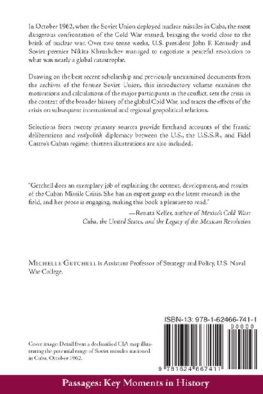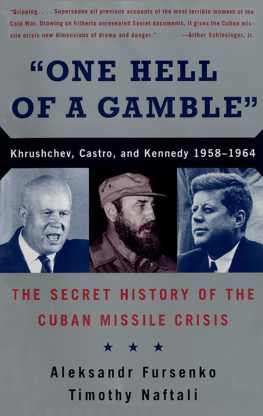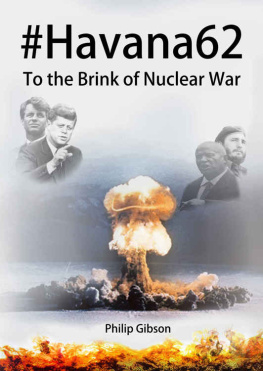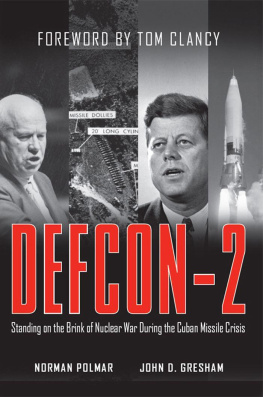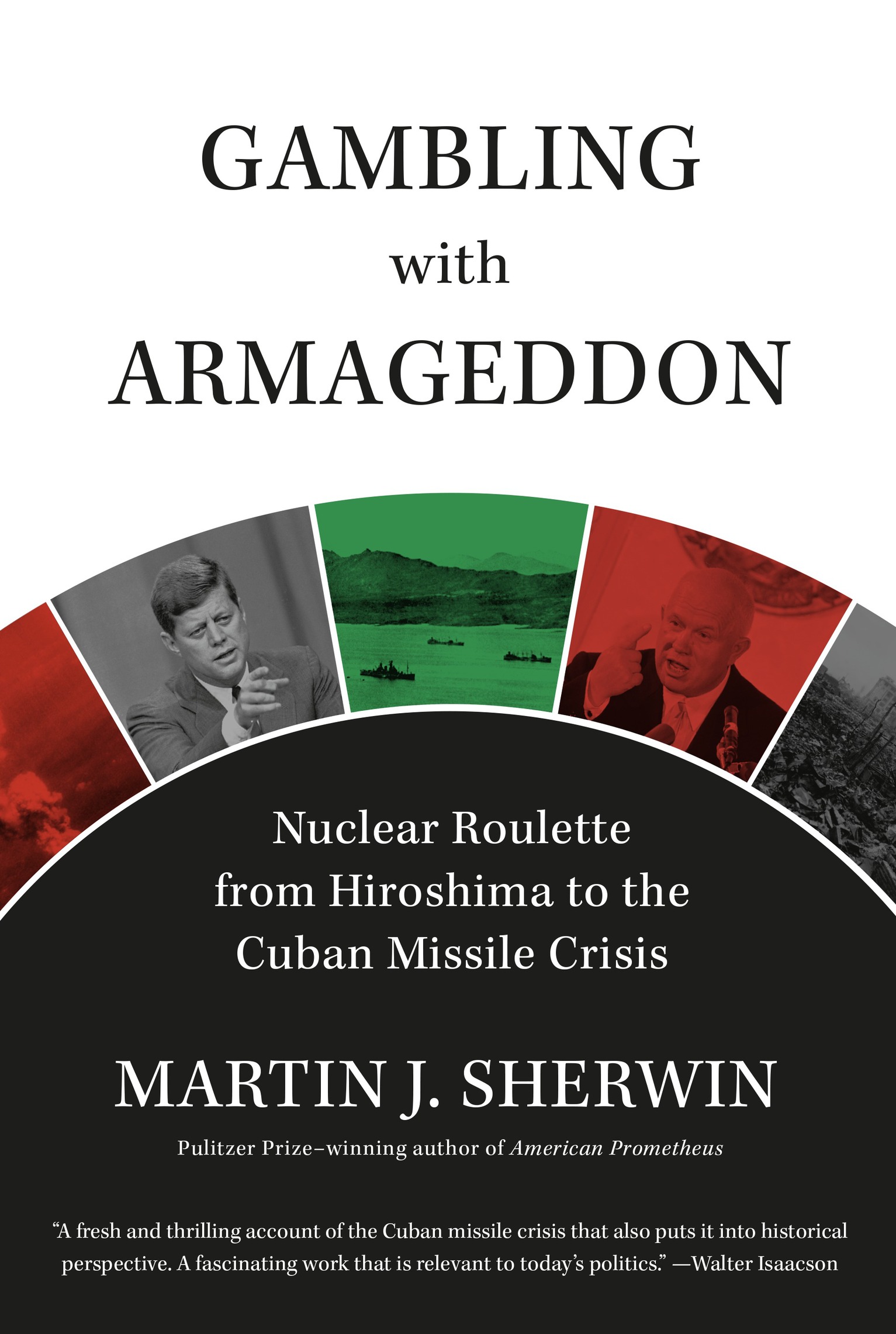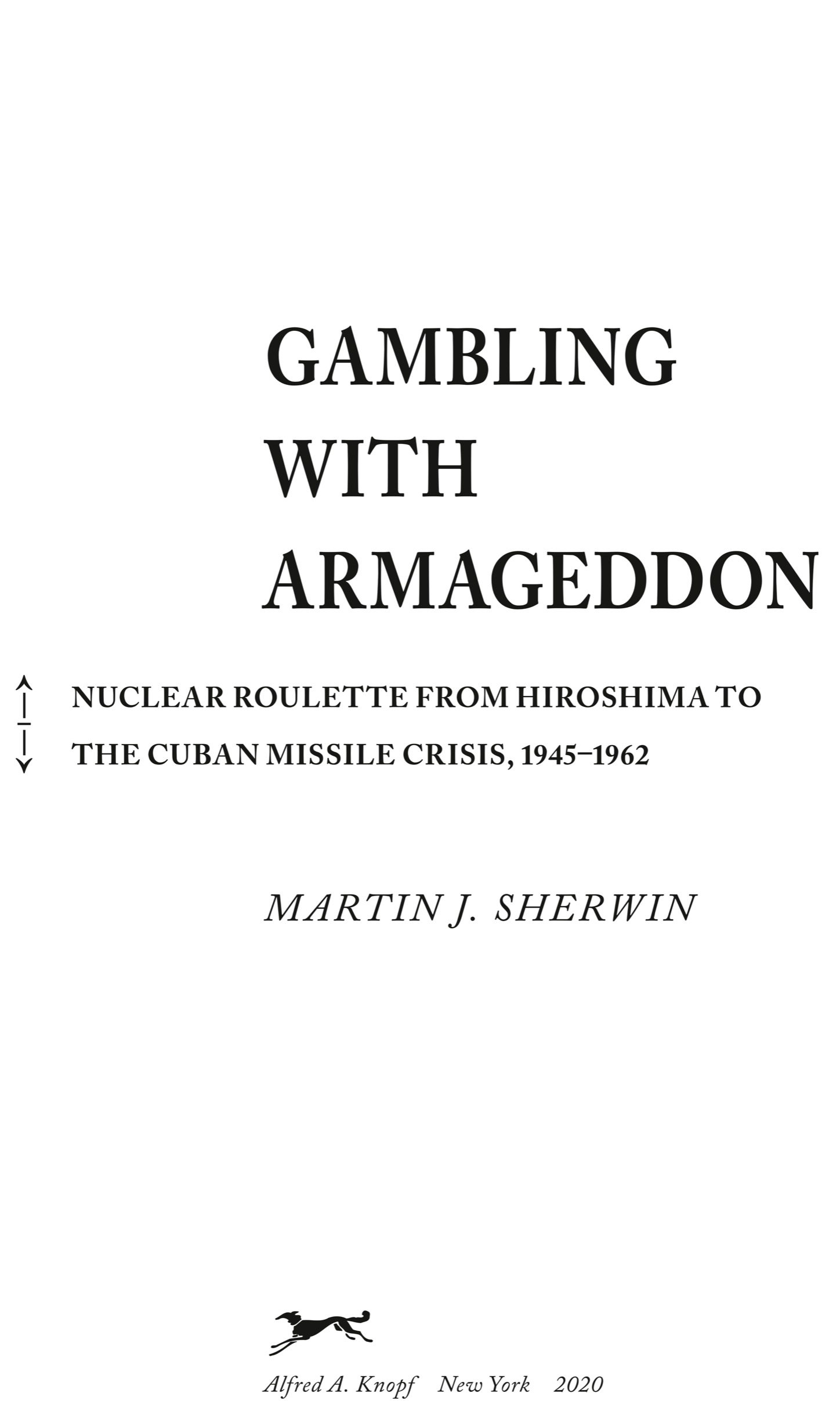Also by Martin J. Sherwin
American Prometheus: The Triumph and Tragedy of J. Robert Oppenheimer (with Kai Bird)
A World Destroyed: Hiroshima and Its Legacies
Jonathan Schell: The Fate of the Earth, The Abolition, The Unconquerable World Martin J. Sherwin, editor (The Library of America)
THIS IS A BORZOI BOOK PUBLISHED BY ALFRED A. KNOPF
Copyright 2020 by Martin J. Sherwin
All rights reserved. Published in the United States by Alfred A. Knopf, a division of Penguin Random House LLC, New York, and distributed in Canada by Penguin Random House Canada Limited, Toronto.
www.aaknopf.com
Knopf, Borzoi Books, and the colophon are registered trademarks of Penguin Random House LLC.
Library of Congress Cataloging-in-Publication Data
Names: Sherwin, Martin J., author.
Title: Gambling with Armageddon : Nuclear Roulette from Hiroshima to the Cuban Missile Crisis, 19451962 / by Martin J. Sherwin.
Other titles: Nuclear roulette from Hiroshima to the Cuban Missile crisis, 19451962
Description: First edition. | New York : Alfred A. Knopf, 2020. | A Borzoi Book. | Includes bibliographical references and index.
Identifiers: LCCN 2019057322 (print) | LCCN 2019057323 (ebook) | ISBN 9780307266880 (hardcover) | ISBN 9780525659310 (ebook)
Subjects: LCSH: Cuban Missile Crisis, 1962. | Nuclear crisis controlUnited StatesHistory20th century. | Arms raceHistory20th century. | World politics19451955. | World politics19551965. | Nuclear warfareUnited StatesHistory. | Kennedy, John F. (John Fitzgerald), 19171963.
Classification: LCC E841 .S468 2020 (print) | LCC E841 (ebook) | DDC 972.9106/4dc23
LC record available at https://lccn.loc.gov/2019057322
LC ebook record available at https://lccn.loc.gov/2019057323
Ebook ISBN9780525659310
Cover images (detail): (Atomic bomb)Rue des Archives / Granger; (John F. Kennedy) Bettmann/ Getty Images; (U.S. Navy off of Cuba) allstein bild Granger; (Nikita Khrushchev) Bettmann / Getty Images; (Hiroshima) Alamy / CSU Archives / Everett Collection.
Cover design by Jenny Carrow
ep_prh_5.6.0_c0_r0
Andrea Barbara Sherwin
19652010
Sparks of sweet memories light the darkness
Man has mounted science, and is now run away with. I firmly believe that before many centuries more, science will be the master of men. The engines he will have invented will be beyond his strength to control. Someday science may have the existence of mankind in its power, and the human race commit suicide, by blowing up the world.
HENRY ADAMS , 1862
I can go in my office and pick up a telephone, and in 25 minutes, millions of people will be dead.
PRESIDENT RICHARD M. NIXON , 1974
Prologue
In October 1962 I was a junior officer in the U.S. Navy attached to Patrol Squadron 31, an antisubmarine warfare (ASW) training unit based at North Island Naval Air Station. This was California, but from the prime San Diego real estate we inhabited, we looked across to Florida, the elegant Hotel del Coronado, where Marilyn Monroe, Tony Curtis, and Jack Lemmon had ushered in the sixties with the film Some Like It Hot.
1
D ESPITE MY modest rankI was the squadrons air intelligence officermy responsibilities made me the custodian of our top-secret documents: our deployment orders in the event of war. Those orders were periodically updated, and when they were, a senior staff officer from Fleet Headquarters, always accompanied by an armed marine, arrived with a sealed envelope. A ritual followed: I signed for the new envelope, and he signed for the envelope that I removed from my top-secret safe, a miniature vault embedded in my large office safe. Except on these occasions, this inner sanctum was never unlocked. I had no expectation of ever learning what was in those envelopes (clippings from the New York Times, we joked), since they would be opened only in the event of a national emergency.
On a date in mid-October that I cannot recall, I was informed by telephone that a new envelope would arrive at an appointed time. This was soon after I received the disappointing news that an around-the-world flight I was scheduled to co-navigate for an admiral was canceled. Within days all leaves were revoked. According to rumors at our local hangout, the Mexican Village, the cause was rising tensions in Berlin.
Although we were on the West Coast, a sense of being engaged in an international crisis permeated my squadrons ranks. Extra munitions, and weapons we had never before stored, were delivered to our hangars. Friends at El Toro, the Marine Corps Air Station north of San Diego, told me that marines in full battle gear were being flown east aboard military air transports. Something important was happening, and we were going to be part of it.
On Monday, October 22, before President Kennedy informed the world that he had ordered Cuba blockaded, I was directed to retrieve the top-secret plans from my safe and deliver themwith the obligatory armed marine escortto my commanding officer. Our squadrons senior staffthe captain, the executive officer, and the operations officerhad assembled in the captains office to review the war plans. My recollection is that we would deploy to an airfield in Baja California, Mexico. The rationale was to disperse military aircraft beyond the reach of Soviet missiles. Some junior officersall of us bachelorsjoked that the beaches of Baja would be a delightful place to die.
I did not know until I researched this book how close to death we had come.
2
A WORLD away from Coronado, California, another junior officer, stationed at a strategic rocket facility nine hundred miles east of Moscow, opened an envelope not very different from the one I had delivered to my squadrons senior officers.
Valery Yarynich, who was exactly my age, had a different reaction to what he read. A junior officer and communications specialist, stationed at division headquarters in Kirov, his unit was the central command center for five intercontinental missile battalions. After President Kennedys October 22 speech demanding that the Soviet Union remove its missiles from Cuba, Yarynich was deployed to a missile base in Siberia to help supervise command and control communications.
At the peak of the confrontation, he told the American journalist David Hoffman, he received a message containing the code-word BRONTOZAVR . That was the combat-alert go codethe dreaded signal to open the top-secret communications envelopes and transition the R-7 liquid-fueled intercontinental ballistic missiles to war readiness. I cannot forget, Yarynich recalled, the mixture of nervousness, surprise and pain on the faces of each operator, without exceptionofficers, enlisted men, women telephone operators.
The unthinkable moment had arrived: Nuclear war was a mere press of a button away.
It was the most devastating war in world history. The estimated number of North American deaths was upwards of 200 million. Double, perhaps even quadruple that number of Soviet, Eastern European, and Chinese citizens perished, and no one had any reliable data on how many Western Europeans, Africans, Asians, South Pacific Islanders, and others the radioactive fallout killed as it circumnavigated the globe. Cuba became a wasteland, and there were few structures left standing in Moscow and Washington, DC.

